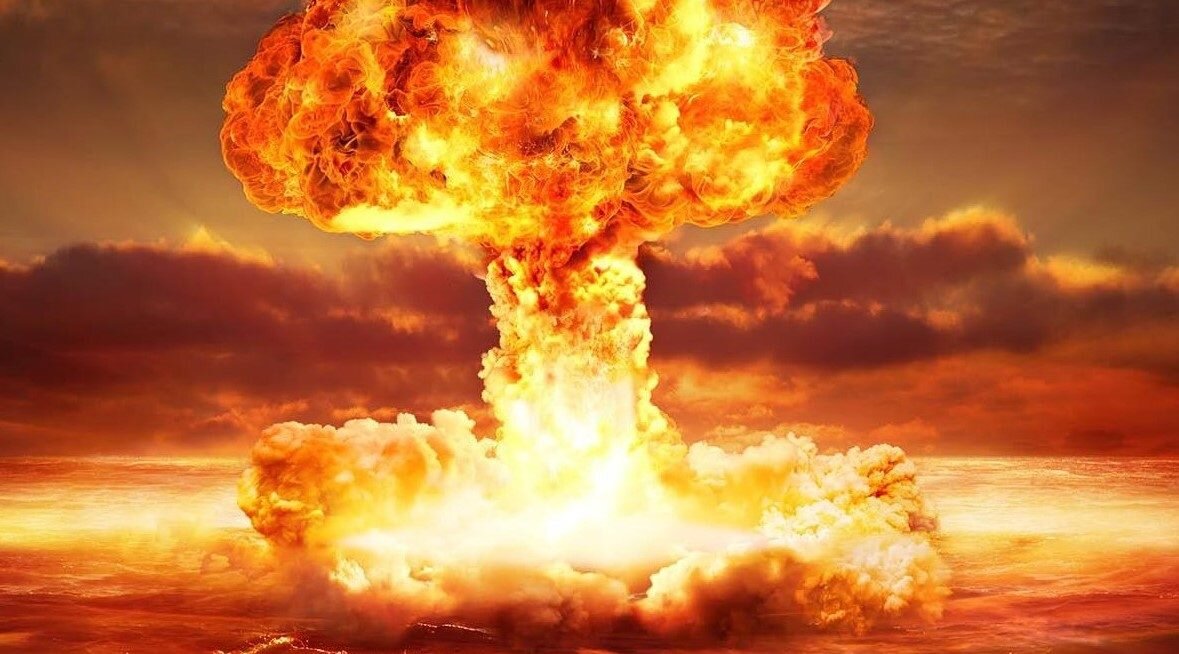How U.S. prevents nuclear-weapon-free-zone in West Asia

TEHRAN - None of the countries in West Asia are averse to clearing the region from nukes. The countries have repeatedly asked for actions that ensure the region would be free of any nuclear weapon.
Despite the West Asian countries’ determination, there is one force that has been preventing peace from getting fully established in the conflict-weary region: the U.S.
Washington has repeatedly blocked efforts to start a denuclearization process in West Asia. The Idea of a nuclear free zone in the region dates back to 1974, when Egypt backed by Iran, made a formal proposal to the UN general assembly. More practical steps took years to be taken and finally in 2010, all West Asian members of NTP agreed that a Nuke-free zone should be established in the region. The countries were supposed to discuss key issues in a review meeting in 2012, but their plans were scrapped after the U.S., a recognized nuclear state by the NTP, decided to call off the meeting.
Even though Washington had officially agreed to “the establishment of a West Asia zone free of nuclear weapons and all other weapons of mass destruction” in 2010, it decided to cancel the 2012 NTP review meeting, saying “states in the region have not reached agreement on acceptable conditions for a conference”. Yes! Washington, a country located 10,178 km away from the region decided to abandon West Asian countries’ plans for them.
The U.S. dropped its patina and brazenly disagreed to a Nuke-free West Asia in 2015. During another NTP review meeting, the country condemned West Asian countries for their “inadequate” and “unrealistic” plan and expressed regret that it had agreed to such notion in the first place. The saga continued in the years to come with Washington showing the same attitude during NTP sessions.
Why the U.S. has adopted such strategy has less to do with its own interests and more to do with those of Israel. Instead of asking Israel to ditch its nuclear weapons, Washington has poured all its efforts into making sure Iran won’t get any. That’s while Iran is the most cooperative country in the world when it comes to getting monitored by the International Atomic Energy Agency. Tehran has time and time again proven that it’s not after nuclear weapons and it has been able to do so through different international means. It even inked a highly domestically-criticized deal, the JCPOA, to show its truthfulness.
Iran’s arch-foe in the region, Israel, developed nuclear weapons after the second Israeli-Arab war in 1956. The U.S. allegedly did not know that Israel was trying to get nukes as the regime was carrying out its plans while receiving help from France. When Washington (as stated by American analysts) figured out what Israel was really doing, the regime had already reached its goal and made enough nuclear weapons to gain the upper hand against Arabs. So, the U.S. allegedly let Israel keep its nukes to compensate for the chemical and biological weapons other regional states owned. We are talking about the same weapons Washington invaded Iraq for; the nonexistent ones.
What actually matters now is not if the U.S. knew Israel was developing nuclear weapons. It’s that not only doesn’t Washington ask the regime to give up its weapons, but also it prevents others from making such demands. A nuclear-weapon-free-zone in West Asia means Israel must give up its nukes and lose its only strength as an occupying regime. It won’t be able to continue its land-grabbing policy and make ambitious plans of invading places like Jordan, if it’s not equipped with weapons of mass destruction.
